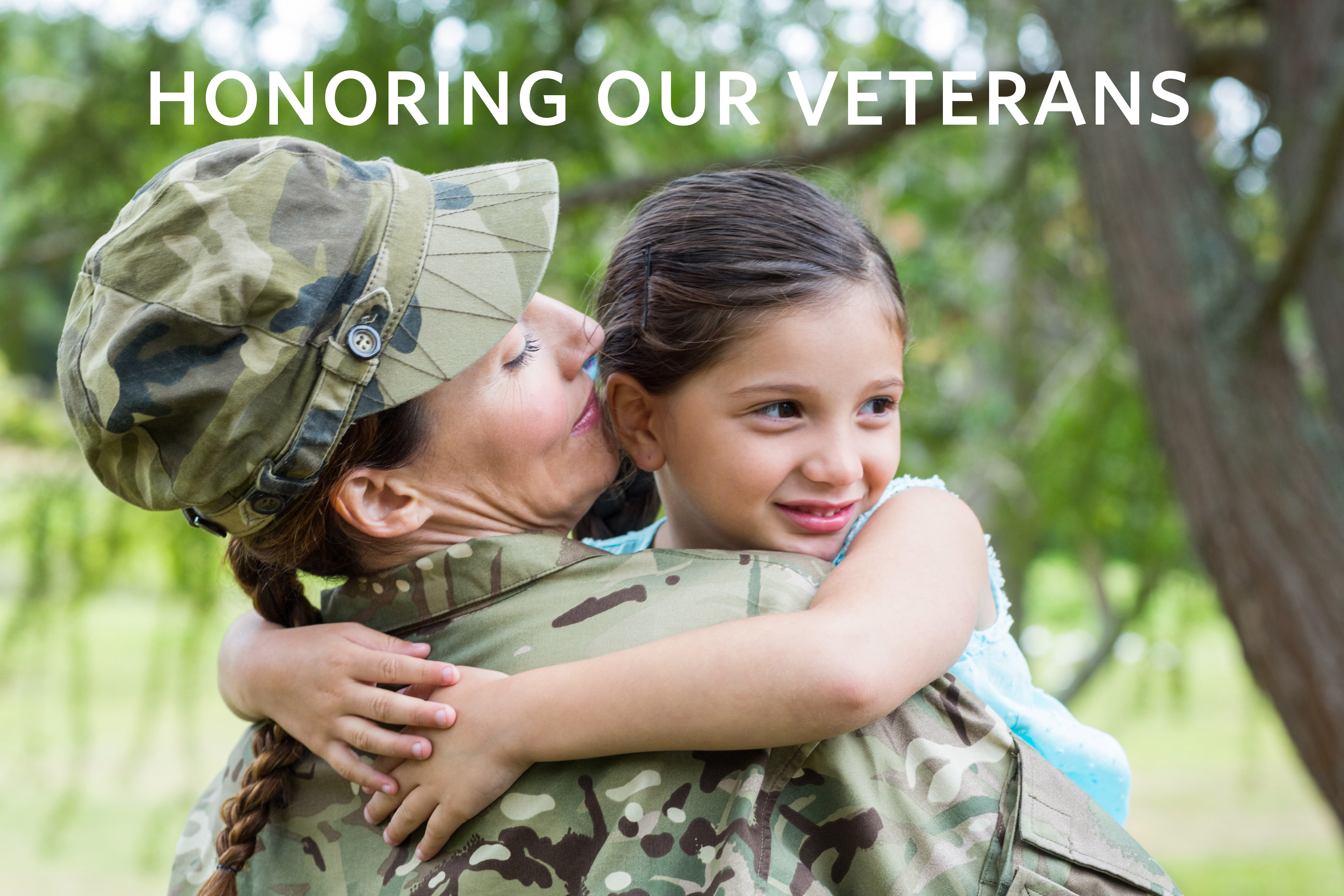GFWC Honors Our Veterans

By Hope Royer
GFWC Public Issues Community Service Program Chairman
We are reminded every year on Veterans Day of the tremendous debt of gratitude we owe to our military personnel. They are our heroes, both past and present.
On Veterans Day and throughout the calendar year, GFWC clubwomen support and express their gratitude for the over 22 million veterans living in the United States.
Whether they’re hosting a “Barbecue for the Troops” fundraiser, inviting homeless veterans to a “Bring a Vet to Lunch” meeting, or hosting group sew days to make adaptive clothes for wounded service personnel, GFWC clubwomen are committed to helping veterans.
Through GFWC’s Public Issues Community Service Program and its partner organizations, Sew Much Comfort and the USO, GFWC clubwomen have countless opportunities to educate their communities on the needs of military families. Clubwomen advocate for legislation supporting active and veteran military personnel, and help veterans with the often difficult transition back to their communities.
“Real heroes don’t wear capes. They wear dog tags.”
Veterans give so much to our country on a daily basis, but sadly, the commitment and sacrifices made by veterans often go unnoticed. In response to this, GFWC announced its support of Green Light A Vet, a national campaign to increase awareness and support for veterans through a visible symbol. GFWC encourages its members and their communities to change a porch light to green to recognize veterans year-round.
GFWC Public Issues Partner Sew Much Comfort is the only national organization that provides adaptive clothing at no cost to support the unique needs of our wounded service personnel from all branches of the military and the National Guard. More than 147,000 pieces of adaptive clothing have been provided over the past eleven years. GFWC clubs support Sew Much Comfort by providing seamstresses and through in-kind and financial donations. Donating adaptive clothing to wounded service members gives them a sense of comfort as they recover and provides them with a reminder of our gratitude for their service.
As USO approaches its 75th Anniversary in February, GFWC clubwomen will continue to provide active support to help lift the spirits of troops and families. Clubs provide in-kind and financial donations, and help provide “No Dough Dinners” for military families in financial distress. These dinners usually take place once a month right before payday and help families not only by lifting some of their financial burden, but also providing a place for fun and fellowship.
In addition to volunteering at local USO centers, Clubwomen support the United Through Reading program, in which children of deployed parents receive a DVD of their mom or dad reading them a bedtime story, by donating books and DVDS, hosting book drives, and raising money for the program.
GFWC clubwomen will proudly fly the flag of the United States of America in honor of our nation’s veterans as they organized and attend community wide celebrations on Veterans Day. Well beyond November 11, GFWC clubwomen will continue to honor our nation’s heroes, both past and present.
“Real heroes do not wear capes. They wear dog tags.” Thank you to all the veterans who sacrifice so much so that we may live in freedom.

